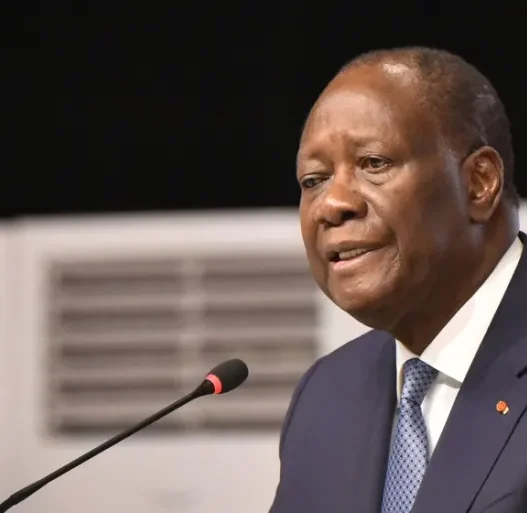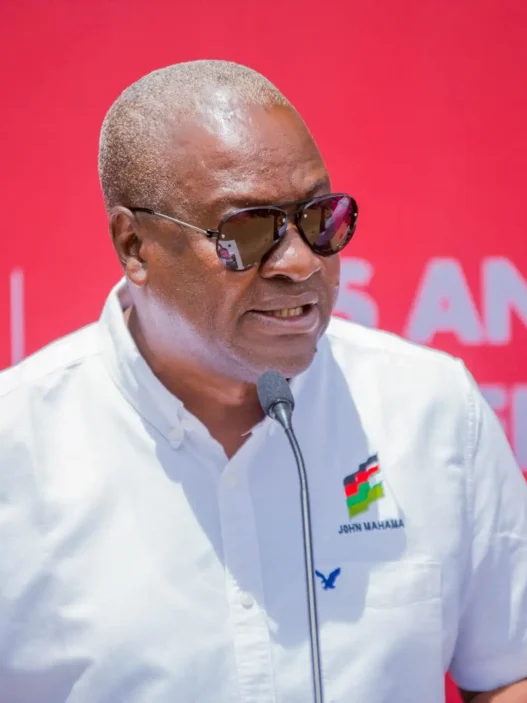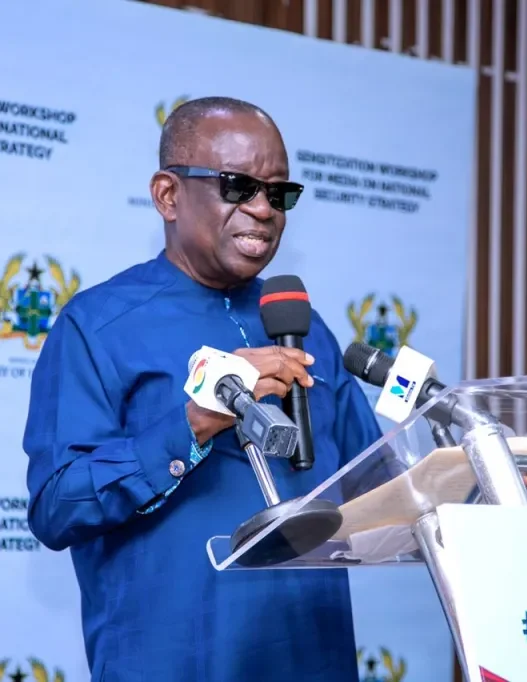In a landmark ruling, the High Court dismissed the National Democratic Congress’ (NDC) preliminary objection to its jurisdiction over a Mandamus application filed by New Patriotic Party (NPP) candidates. The application seeks to compel the Electoral Commission (EC) to fulfill its constitutional obligations amid disputed parliamentary election results. This decision has sparked significant debate about its alignment with Ghana’s constitutional framework.
Legal Arguments Presented
NDC’s Objection
The NDC argued that the Mandamus application amounted to an indirect attempt by the NPP to annul declared election results without adhering to proper procedures under the People’s Representation Law (PNDCL 284). Sections 16 and 20 of the law require that disputes over election results be resolved through an election petition after the results are gazetted.
Their objection emphasized:
- Finality of Declarations: Article 49(2) of Ghana’s 1992 Constitution, supported by Regulation 43 of C.I. 127, holds that the returning officer’s declaration of results is final unless overturned by an election petition.
- Improper Use of Mandamus: The NDC contended that the NPP was circumventing the constitutionally prescribed process for contesting election results.
NPP’s Defense
Lawyers for the NPP candidates, led by Gary Nimako, countered that the case did not involve challenging the validity of declared results. Instead, they argued that the application sought to ensure the EC fulfilled its constitutional duty to address allegations of procedural irregularities.
Key points from the NPP included:
- Absence of Gazetted Results: As the results in question had not been gazetted, the conditions for filing an election petition had not been met, making the Mandamus application legally viable.
- Duty of the EC: The NPP asserted that the EC has an inherent obligation to rectify errors or omissions in the electoral process.
The High Court’s Ruling
Presiding Judge Justice Forson Agyapong dismissed the NDC’s objection, concluding that:
- The Mandamus application did not qualify as an election petition.
- The court had jurisdiction to hear cases seeking to compel the EC to carry out its constitutional duties.
Justice Agyapong stated, “As long as the claim is for the Electoral Commission to carry out its mandated duty, the court is well within its jurisdiction to hear the matter.”
Constitutional Questions Raised
Does the Mandamus Application Align with Ghana’s Legal Framework?
- Election Dispute Mechanism: Article 49 of the Constitution and Regulation 43 of C.I. 127 stipulate that once results are declared, they are final unless challenged through an election petition. This raises concerns about whether the Mandamus application bypasses this framework.
- Gazetted Results: The NPP’s reliance on the absence of gazetted results highlights a procedural gap. If results have not been officially gazetted, can the court or EC take substantive action on disputed outcomes?
Judicial Overreach or Necessary Intervention?
The court’s decision to assert jurisdiction over a Mandamus application in an electoral dispute sets a precedent that could blur the boundaries between administrative and judicial roles. While ensuring the EC fulfills its obligations is critical, this approach could inadvertently undermine established electoral dispute resolution mechanisms.
Electoral Commission’s Role and Independence
The judgment also brings the EC’s role into focus. As a constitutionally independent body, its actions must balance procedural integrity with adherence to legal frameworks. The court’s directive could pressure the EC to act in ways that may conflict with its commitment to neutrality.
Implications of the Ruling
For Electoral Integrity
- Legal Precedent: This case will likely influence how courts interpret the distinction between Mandamus applications and election petitions in future disputes.
- Potential Conflicts: The judgment raises questions about the interplay between judicial intervention and the EC’s autonomy.
For Political Dynamics
- NPP Advantage: A successful Mandamus application could compel the EC to take actions favorable to the NPP, potentially altering parliamentary dynamics.
- NDC Concerns: The opposition may view the ruling as undermining constitutional processes, fueling claims of judicial overreach.
For Ghana’s Democracy
The case underscores the need for clearer legal guidelines to address gaps in election dispute resolution. It also highlights the judiciary’s critical role in upholding constitutional principles while navigating the complexities of political contestations.
Conclusion: Constitutional Alignment Under Scrutiny
While the High Court’s ruling allows the Mandamus application to proceed, it raises pressing questions about its adherence to constitutional and electoral frameworks. Does this decision prioritize procedural justice over the established mechanisms for resolving electoral disputes? Or does it reflect a necessary evolution in judicial oversight to safeguard democratic integrity?
The answers will have profound implications for Ghana’s democratic institutions, the independence of the Electoral Commission, and public confidence in the judiciary. Whatever the outcome, this case will shape the country’s legal and political landscape for years to come.





















